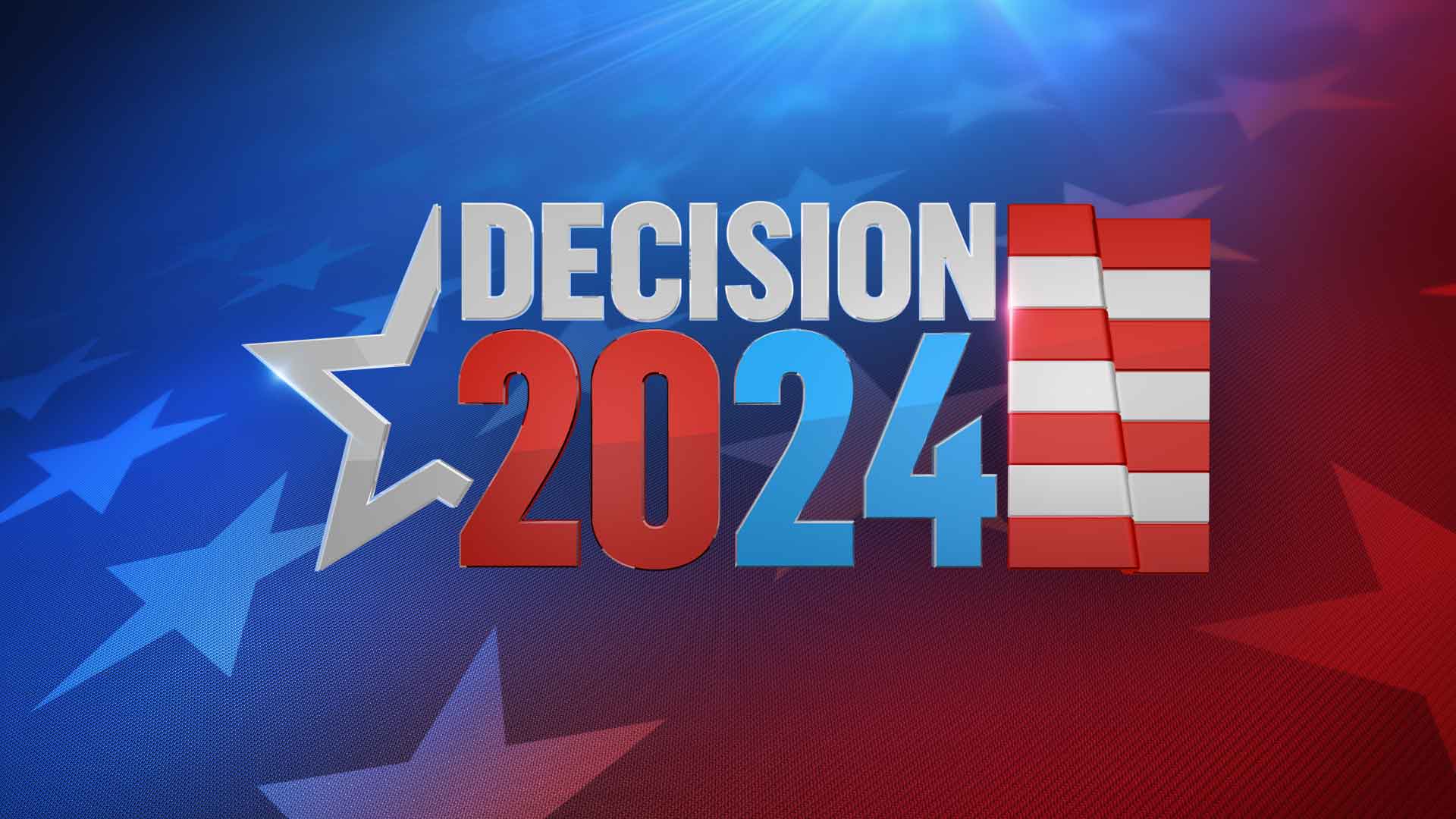A veteran Dallas police officer is speaking out about declining manpower and the department's response time claims.
Nick Novello has been a Dallas officer for 35 years. He works a daytime patrol shift from the Central Patrol substation.
"We're on a slippery slope, and there's some that would argue we're in free fall right now," Novello said.
He made a Facebook post over the weekend after seeing Friday's city budget plan from new Dallas City Manager T.C.Broadnax. Novello shared his concern Monday exclusively with NBC 5.
"When we say the calls are going out promptly, no, they're not. No, they're not," Novello said. "You're putting the calls in somebody's box giving the impression they've been assigned."
In the most recent report to the Dallas City Council, Dallas police said priority-one response time was an average of 8.24 minutes as of May 8, 2017, just slightly slower than the 7.94 minutes reported on average for 2016.
Novello said the total time from when a call is received until an officer arrives is longer that what the department figures show.
Local
The latest news from around North Texas.
Sgt. Mike Mata, president of the Dallas Police Association, and Lt. Thomas Glover, president of the Black Police Association of Greater, supported Novello's claim when contacted Monday.
"We have no reference points for where we are now," Novello said. "The city never has been faced with a dilemma of this nature."
Lower priority call response time was much slower in the May report to City Council. Priority-two response was 22.31 minutes in May compared with 18.26 in 2016. Priority three was 63.69 minutes compared with 49.15 in 2016, and priority four response was 79.17 minutes in May compared with 63.34 minutes in 2016.
Police sworn manpower was 3,257 at the end of 2016. A budget proposal from previous City Manager A.C. Gonzalez in 2016 suggested a manpower goal of 3,711 for 2017, with the hope of hiring 529 new officers. Two-hundred of them would be hired as additional officers. The actual sworn manpower on May 8, 2017, was 3,160.
Mata said 72 more officers are expected to retire this month.
Meanwhile, Broadnax is setting a budget goal of maintaining a force of at least 3,094 through 2018.
Broadnax said Friday that money that would have paid for 500 more officers will be shifted in a new budget to pay for other things, including $40 million more the city must contribute to police and fire employee pensions.
"We do not realistically think we can hire 500 officers in a given year," Broadnax said. "We're going to and committed to finding a way of getting back to the strength that was projected — at 3,600 — but we're going to do that responsibly and we're going to do it aggressively."
In the meantime, Broadnax said Dallas is adding more money for police technology, equipment and civilians to replace officers on duties that do not require a sworn officer.
At 63 years old, Nick Novello said he wants to retire, but his retirement is blocked by an internal affairs investigation of alleged impropriety for speaking out before as a Dallas police officer.
Novello appeared in a video, asking President Donald Trump to support decriminalization of marijuana as a means of reducing arrests and the burden on young people.
"We're under-staffed, we're under-manned, we have very few people to work with, and now when I go to work, I'm told I need to step it up," Novello said.
In an email reply to a request for information, Officer Debra Webb, from the Dallas Police Department public information office, said response times released to the public are accurate. Her entire statement is below:
"When a Priority 1 or 2 call for service is received and placed in queue and no patrol elements show to be available the dispatcher will announce the call over the radio. If a patrol element doesn't respond to the announcement the dispatcher will log that action on the call sheet. The dispatcher will then notify a patrol supervisor that no units are available for the call. It is the patrol supervisor's responsibility to review the status of officers assigned to other calls in that division and determine whether an officer can be freed up to take the priority call that is holding. If an element is still unavailable, a supervisor will be assigned the call and the next available officers will be added to the call sheet. If a supervisor is unavailable, the Communications division can/will dispatch an officer from another patrol division to take the priority call. Officers are not assigned priority calls if they are unavailable to proceed directly to the call location. If a one-man element is available a cover element will be requested and obtained prior to assigning the call for service."



